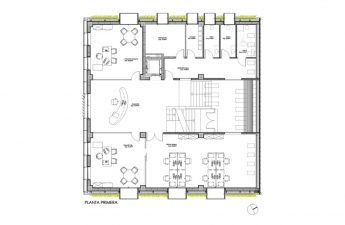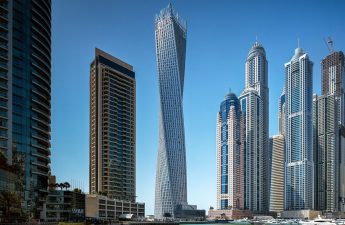"Smart technologies" are penetrating all areas of ourlife, and an “intelligent home” that anticipates the wishes of its owner no longer seems like a fantastic idea. This article provides an overview of “smart homes” from around the world. Computer technology companies present the latest developments created for the benefit of humanity. Some of the most useful inventions are gadgets for the home: climate control systems, lighting controls, and built-in plasma panels. At the forefront of “smart buildings” is the one built inthe late 80s, the Tokyo "House of the Throne". The author of the project is a professor from Japan, Ken Sakamura. "Intelligent technologies" open the windows and turn on the air cooling when the heat comes. If the music is too loud in one of the apartments, then, so as not to disturb the neighbors, the windows are automatically closed.
At the forefront of “smart buildings” is the one built inthe late 80s, the Tokyo "House of the Throne". The author of the project is a professor from Japan, Ken Sakamura. "Intelligent technologies" open the windows and turn on the air cooling when the heat comes. If the music is too loud in one of the apartments, then, so as not to disturb the neighbors, the windows are automatically closed.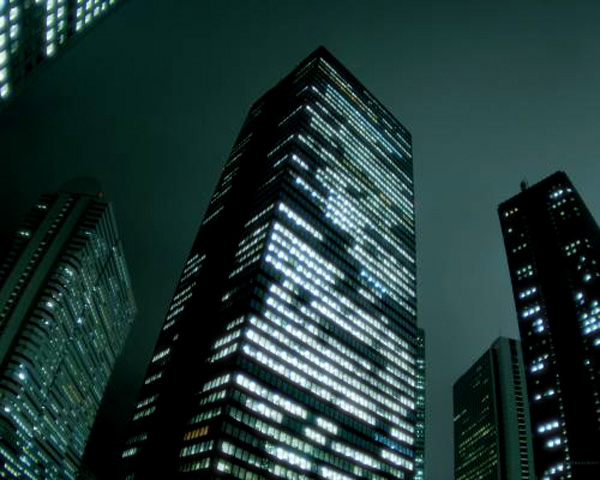 Founder of a world famous companyMicrosoft Bill Gates gave the world one of the most expensive houses with "intelligent systems". The project has the most modern technologies to date, implementing the functioning of engineering systems and controlling the microclimate in each room. With the onset of darkness, a person's movement around the house is accompanied by automatic lighting. And a huge number of sensors throughout the building fulfills almost all the needs of its residents.
Founder of a world famous companyMicrosoft Bill Gates gave the world one of the most expensive houses with "intelligent systems". The project has the most modern technologies to date, implementing the functioning of engineering systems and controlling the microclimate in each room. With the onset of darkness, a person's movement around the house is accompanied by automatic lighting. And a huge number of sensors throughout the building fulfills almost all the needs of its residents.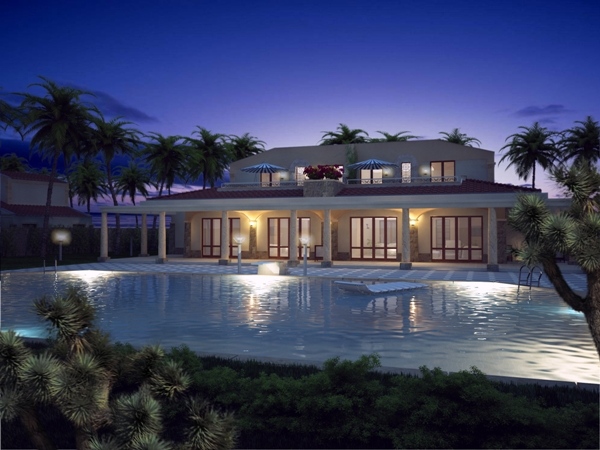 Bill Gates' home isn't the only "smart"building" in the United States. They also include the UN headquarters and the Rockefeller Center in New York. In Bloomington (Minnesota), a huge shopping center Mall of America was built, with an area of just under 500 square kilometers, several operator systems in which ensure the correct functioning of almost all interior spaces and parking lots.
Bill Gates' home isn't the only "smart"building" in the United States. They also include the UN headquarters and the Rockefeller Center in New York. In Bloomington (Minnesota), a huge shopping center Mall of America was built, with an area of just under 500 square kilometers, several operator systems in which ensure the correct functioning of almost all interior spaces and parking lots.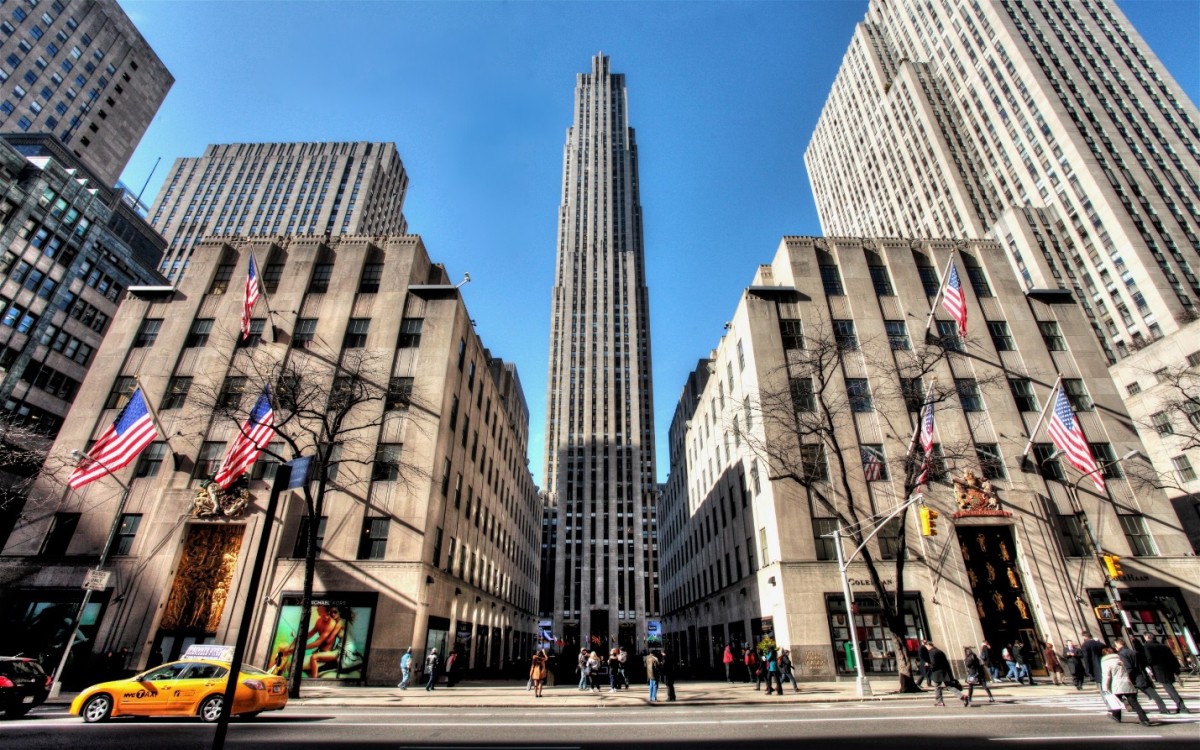 Construction of buildings with intelligentsystems in Europe has long since moved to a completely new level. The company "European Intelligent Building Group" (EIBG) is successfully engaged in the dissemination of ideas of intelligent construction. Today, more than 20% of buildings in Europe are equipped with "smart systems". Among them are many high-rise buildings with climate control and the ability to remotely coordinate almost all structures. For example, the British bank Credit Suisse First Boston has five control points and a well-established energy distribution system.
Construction of buildings with intelligentsystems in Europe has long since moved to a completely new level. The company "European Intelligent Building Group" (EIBG) is successfully engaged in the dissemination of ideas of intelligent construction. Today, more than 20% of buildings in Europe are equipped with "smart systems". Among them are many high-rise buildings with climate control and the ability to remotely coordinate almost all structures. For example, the British bank Credit Suisse First Boston has five control points and a well-established energy distribution system.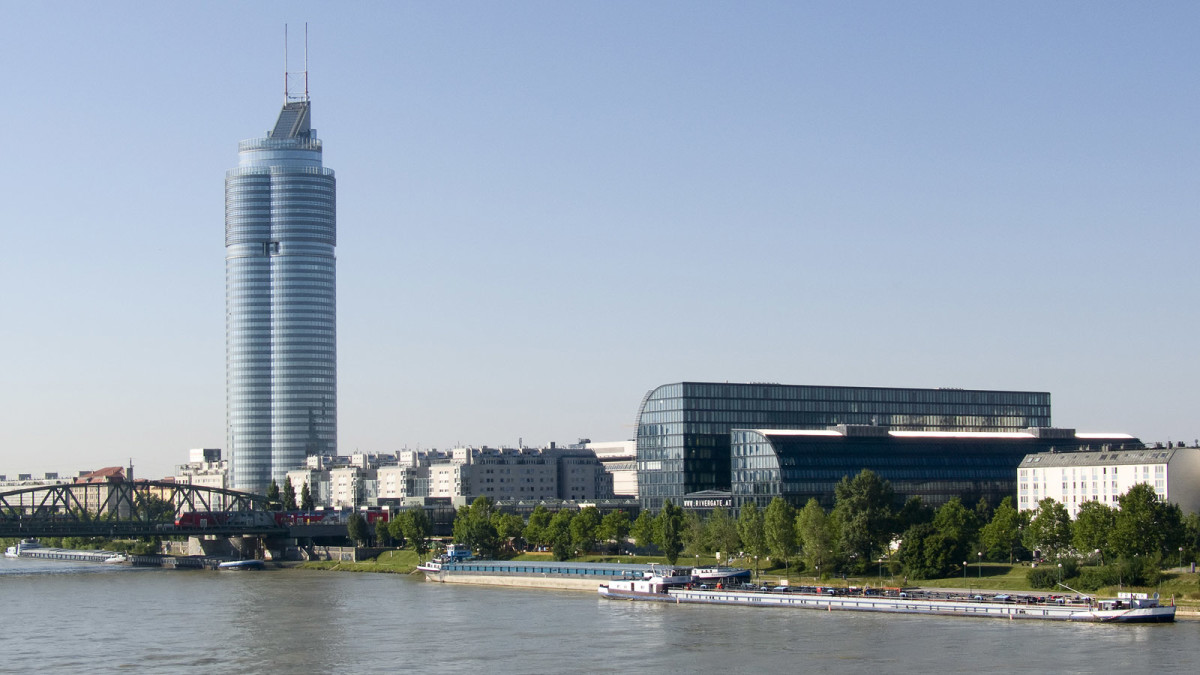 The French National Library, areamore than 400 sq. km can now also be called an integrated building, and all thanks to unique equipment capable of maintaining the most comfortable environment for the correct maintenance of books. Also added to the list of "smart houses" was the building of the Munich II airport, second in size only to the Frankfurt airport. It unites about 100 buildings and has systems that control lighting, climate, elevators, an escalator complex and coordinate the flow of passengers in the terminals. In 1993, this airport was recognized as the best "smart building". Another airport with "smart systems" is located in London. Echelon Corporation, one of the most famous organizations creating "smart house" systems, developed the Heathrow Airport project.
The French National Library, areamore than 400 sq. km can now also be called an integrated building, and all thanks to unique equipment capable of maintaining the most comfortable environment for the correct maintenance of books. Also added to the list of "smart houses" was the building of the Munich II airport, second in size only to the Frankfurt airport. It unites about 100 buildings and has systems that control lighting, climate, elevators, an escalator complex and coordinate the flow of passengers in the terminals. In 1993, this airport was recognized as the best "smart building". Another airport with "smart systems" is located in London. Echelon Corporation, one of the most famous organizations creating "smart house" systems, developed the Heathrow Airport project.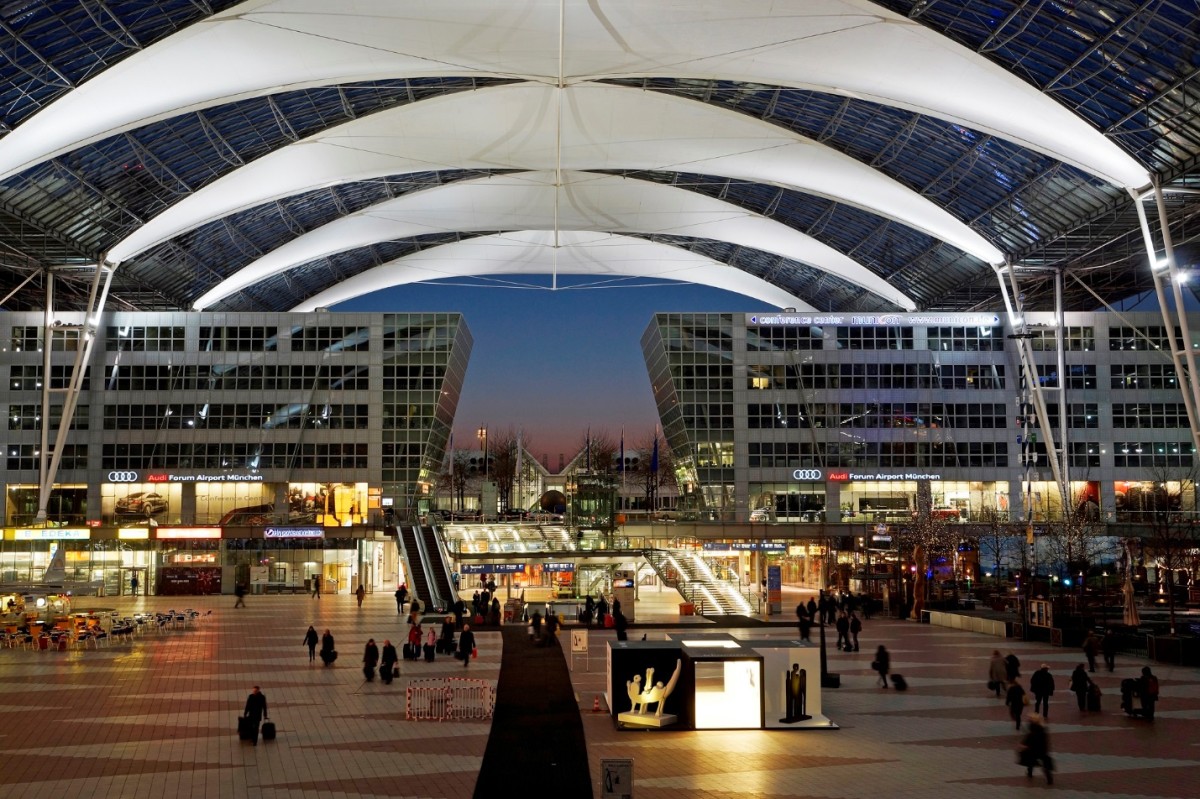 Coastal resorts near the capital of Japanfilled with countless "smart skyscrapers". Right in Tokyo, you can find the Shiodome Sumitomo Building - a huge structure with a wide range of functions and a virtually perfect control system. The Beijing shopping center and Taiwan's "Taipei 101" have the most modern technologies and are created as absolutely environmentally friendly and very comfortable buildings to live in.
Coastal resorts near the capital of Japanfilled with countless "smart skyscrapers". Right in Tokyo, you can find the Shiodome Sumitomo Building - a huge structure with a wide range of functions and a virtually perfect control system. The Beijing shopping center and Taiwan's "Taipei 101" have the most modern technologies and are created as absolutely environmentally friendly and very comfortable buildings to live in. 60-storey office building Telekom Tower inKuala Lumpur has become famous for being the most “intelligent” in Asia. As many as 11 “intelligent systems” monitor the smooth operation of the entire building: elevators, corridors, parking lots, adjacent areas and much more.
60-storey office building Telekom Tower inKuala Lumpur has become famous for being the most “intelligent” in Asia. As many as 11 “intelligent systems” monitor the smooth operation of the entire building: elevators, corridors, parking lots, adjacent areas and much more.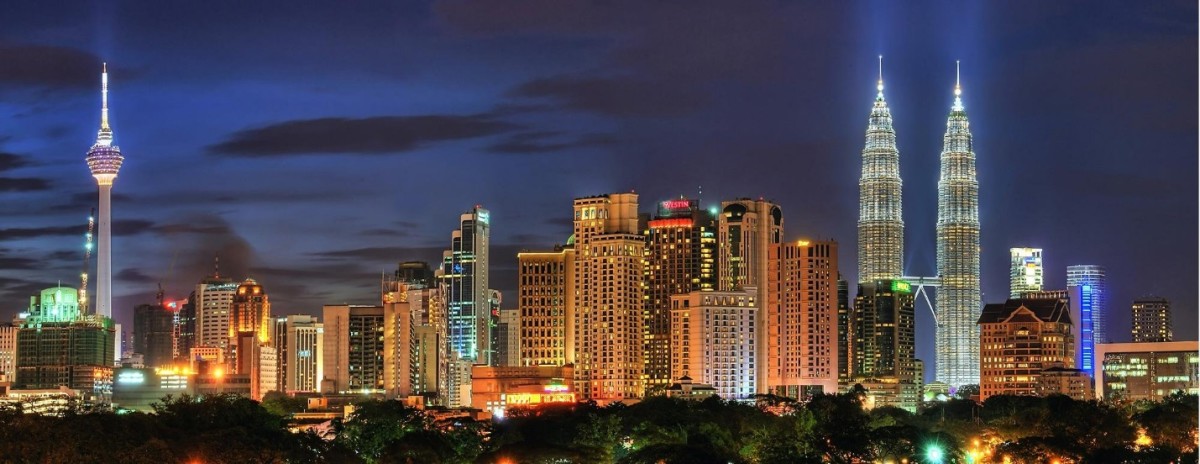 The advantages of this kind of projects are obvious,because all systems operate from a single center. This significantly reduces the funds spent on electricity, heating, climate control, which helps to preserve natural resources. In reality, there are relatively few houses with "intelligent systems". The majority of buildings erected today have limited "smart home" capabilities. But we can confidently conclude that the future of urban development still lies with "intelligent technologies".
The advantages of this kind of projects are obvious,because all systems operate from a single center. This significantly reduces the funds spent on electricity, heating, climate control, which helps to preserve natural resources. In reality, there are relatively few houses with "intelligent systems". The majority of buildings erected today have limited "smart home" capabilities. But we can confidently conclude that the future of urban development still lies with "intelligent technologies".
The future has come: the most intelligent buildings in the world

